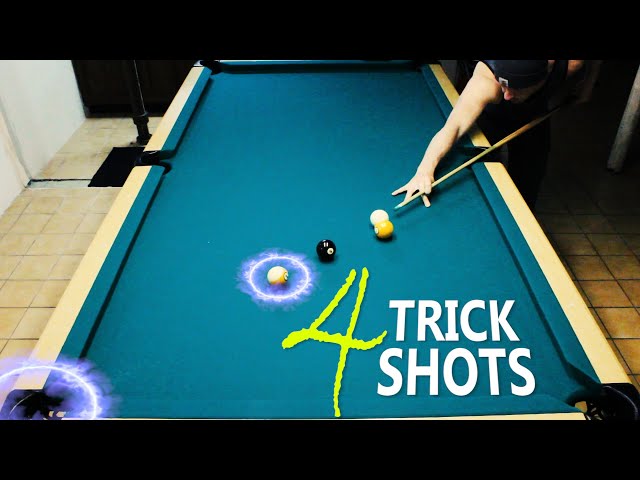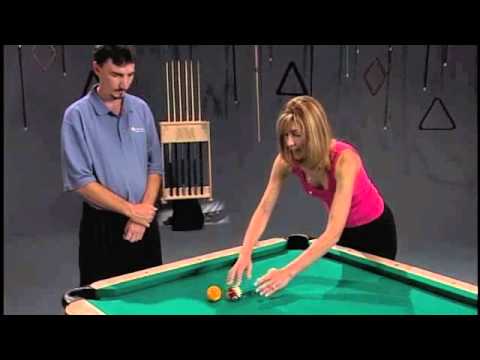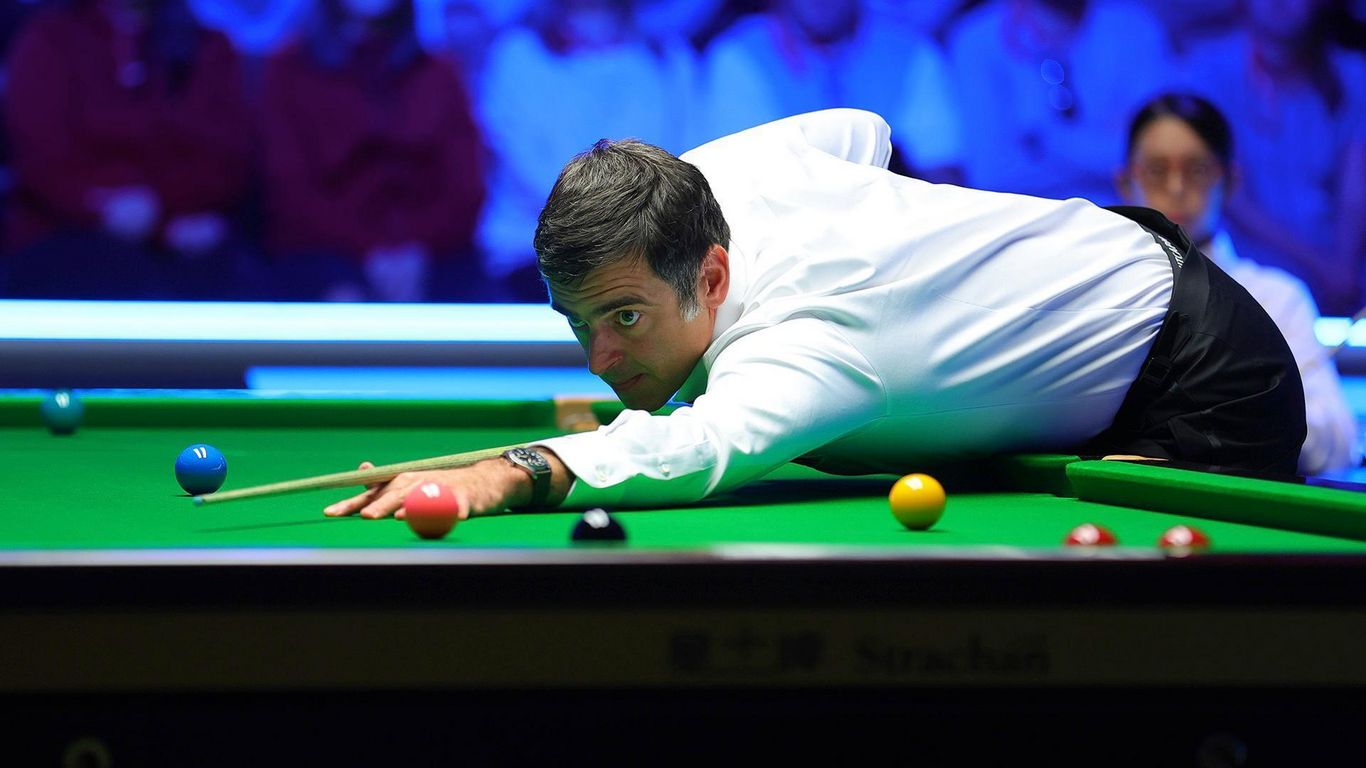
Pool balls are used in a variety of pool games. They are small and unique. They were originally made of ivory or wood. Nowadays, however, they are made from synthetic materials. These days, they are made of phenolic resin.
A thermosetting plastic similar to bakelite that's made from phenolic resin, it is more durable than bakelite. The plastic will harden when it cools down. This makes it a great choice for a pool ball. It is however very costly. The majority of phenolic resin currently produced is from petroleum.
Another option is to use polyester resin. Polyester resin is an economical option, and is also more affordable than other materials. It's actually cheaper than phenolic. Its durability is similar to that of phenolic. But it doesn't keep its shine as long. It is, however, a popular choice for many manufacturers.
When phenolic resin was first developed, it was made from coal tar. It's very dangerous to use, even though it is a strong and durable material. You could burn yourself and others if you don't know what to do with it. It is important to only play with high quality billiard balls in order to avoid this.

A quality pool ball should have a thermoset. It improves the ball's accuracy. It also adds friction to your billiard ball. A good quality billiard balls can withstand greater pressure. You should also pay attention to the friction coefficient. It's impossible to trust a ball unable to withstand the stress of the game.
Before phenolic resin was developed, pool balls were made of wood, stone, clay, and other cellular materials. Some manufacturers still made these pool balls in the past.
Then, around 1907, American chemist Leo Baekeland came up with a new way to make plastic. He mixed nitrocellulose, alcohol and camphor together, then molded it under extreme pressure. Even though this compound was not perfect, it was a significant improvement.
Bakelite became a more reliable choice in the second half of the 20th Century. It was also simpler to produce. This made it the most popular material for making billiard balls. Bakelite isn't as easily brittle than celluloid.
Phosphatic resin pool balls have become a popular choice. They have a timeless, classic look and are durable. The ball is durable because the resin is thermosetting. It won't melt back.

No matter if you want to play a nine-ball or straight pool game, high-quality billiard ball will be required. Aramith is an excellent brand. There's a reason they are the best-selling billiard ball on the market.
Aramith poolballs are the most sought-after, but there's a handful of other manufacturers that make quality products. Iszy sells a marble swirl set, which is rated as one the top ten sets of billiard balls on the market. Aramith is still the best option if you are looking to buy a set billiard balls.